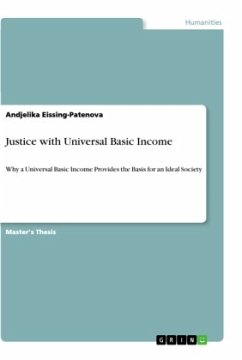Essay from the year 2018 in the subject Philosophy - Practical (Ethics, Aesthetics, Culture, Nature, Right, ...), grade: 1,00, University of Salzburg, course: Ethics - Theoretical and Applied, language: English, abstract: How should we decide about whom to give access to medical treatment, like transplanting organs? How should study places be allocated as fairly as possible? Should only the strongest men be chosen for military service? When there are sufficient resources to satisfy all potential claimants, the implementation of allocating processes might be simple, but what does distributive justice require when resources are scarce? When should we discriminate between people, i.e. decide on the basis of special considerations, and when is it better to choose randomly? Philosophers have provided different theories of distributive justice and argue in distinct and partly conflicting manners particularly about the use of lotteries. Regarding allocation processes, this means that the allocator and the claimants do not know in advance who will receive the good and who will not. Thus, a lottery may ensure that nobody can be preferred on grounds of special considerations. This paper focuses on the question: Are lotteries fair and if so, when should they be used? An answer to this question is not only relevant for individuals and everyday-life decisions, but also in very broader terms for political, societal or economic questions concerning distributive fairness, with probably global impacts.
Hinweis: Dieser Artikel kann nur an eine deutsche Lieferadresse ausgeliefert werden.
Hinweis: Dieser Artikel kann nur an eine deutsche Lieferadresse ausgeliefert werden.








